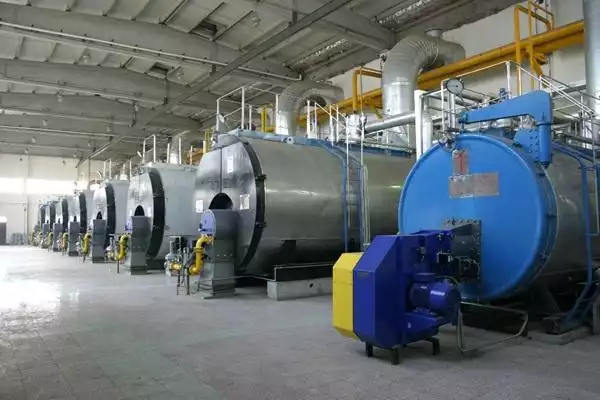
Fangkuai Boiler Introduces New Biomass Boilers >
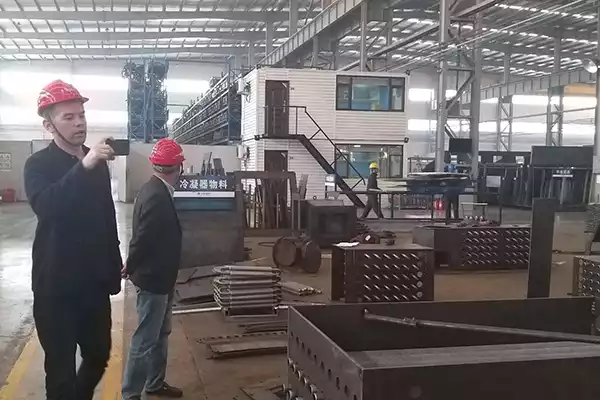
FangKuai ボイラー会社: Leading the Way in Energy-efficient Boiler Manufacturing >
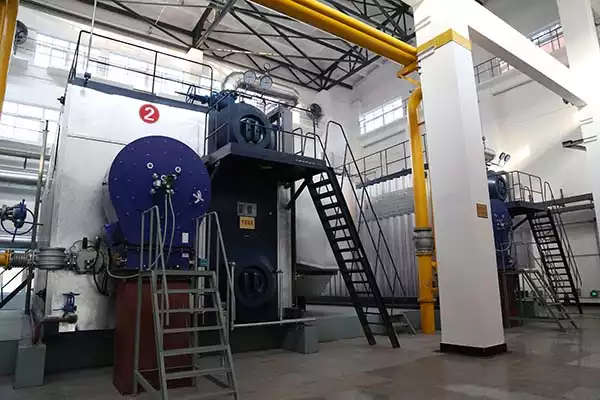
FangKuai Boiler Continues to Lead the Way in Energy-efficient Boiler Manufacturing >
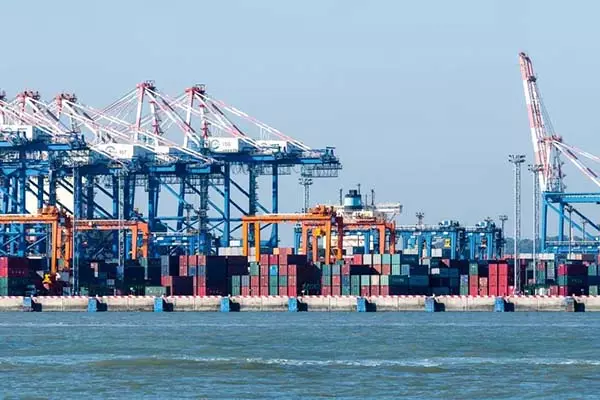
方厦ボイラー: A Stable Development in the Overseas Market >
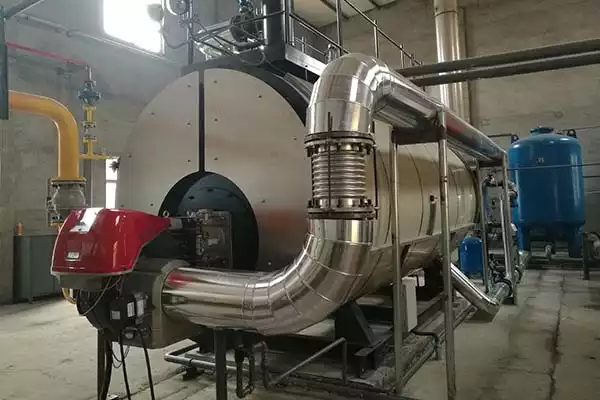
Boost Brewing Efficiency with Fangkuai Gas Boilers & Condensing Water Recovery >
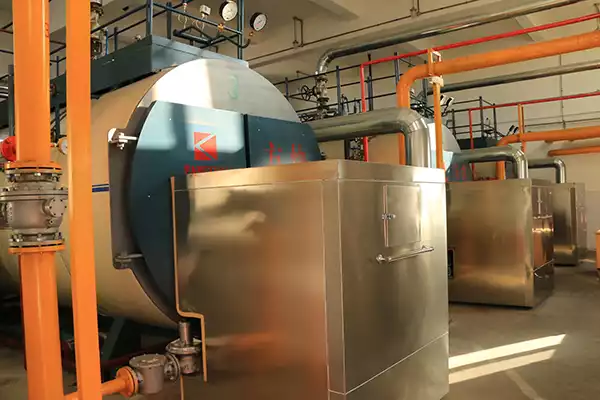
Empowering the Textile Industry in Bangladesh with Fangkuai Dual Fuel Boilers >
.jpg)
Discover the key factors affecting industrial electric steam boiler price, including capacity, プレッシャー, エネルギー効率. Get expert insights to make an informed purchase decision.

Learn the key factors that affect heater boiler replacement costs, including boiler type, サイズ, installation complexity, エネルギー効率. This guide helps you make an informed decision and plan your budget effectively for a cost-efficient replacement.

A fire tube steam boiler is a type of boiler in which hot gases pass from a fire through one or many more tubes running through a sealed container of water. ガスの熱は、熱伝導によってチューブの壁を通って伝達されます, 水を加熱し、最終的に蒸気を作成します. このタイプのボイラーは、さまざまな業界で暖房と発電のために広く使用されています.

Installing a heating boiler is a significant investment that directly impacts your home's comfort, エネルギー効率, and long-term savings. Whether you're upgrading an old system or installing a brand-new boiler, understanding the cost factors, インストールプロセス, and ways to save money is crucial.
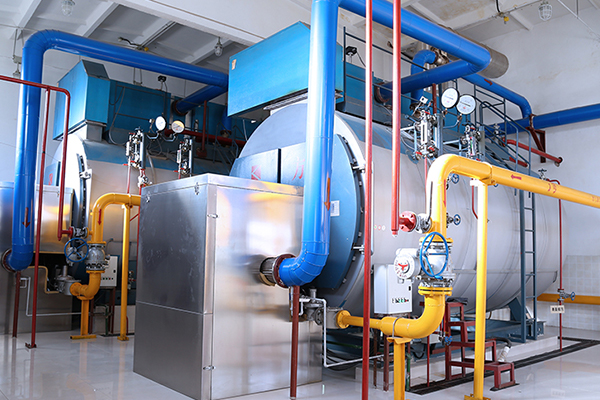
This guide provides a professional overview of steam boilers, covering their types, 動作原理, and efficiency to help you make informed decisions.
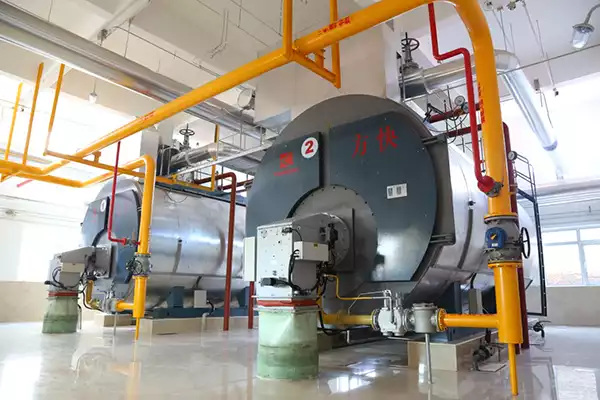
現在のところ, we have provided one-stop solutions for manufacturing, インストール, 試運転, and operation for 200+ industries.
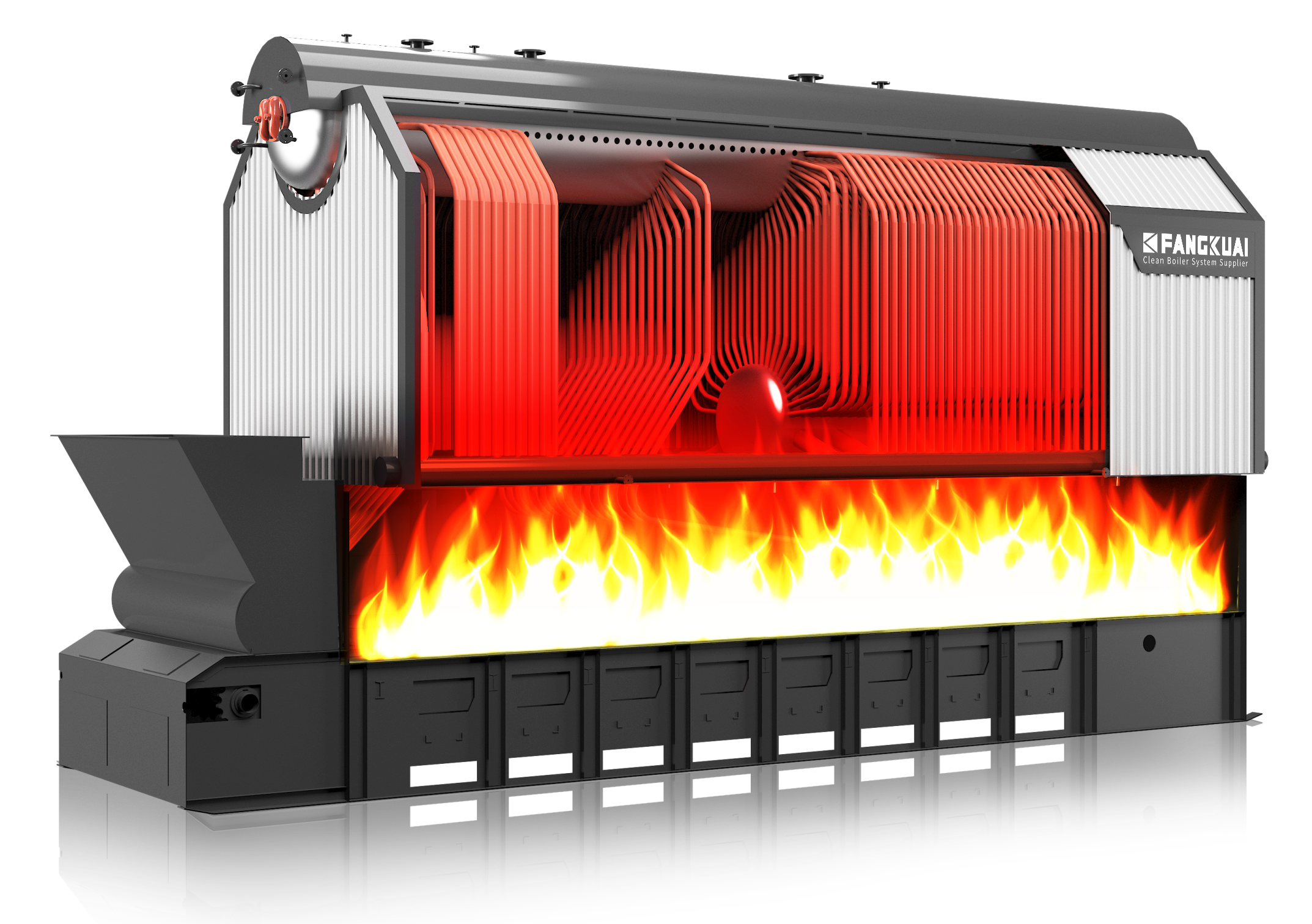
In today’s industrial and commercial sectors, reducing energy consumption and cutting down carbon emissions have become crucial goals for enhancing operational efficiency. バイオマスボイラー, as an efficient and environmentally-friendly energy solution, are gaining increasing popularity among business owners and building managers.
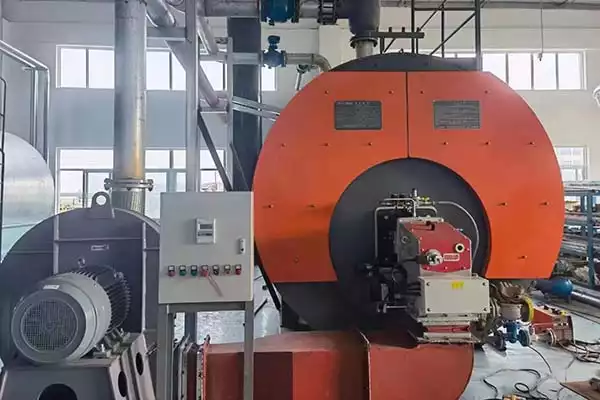
近年では, the biomass boiler types that are relatively mature and have more application performance are water-cooled vibrating grate furnaces, 循環する流動床と少数の複合格子ボイラー. このペーパーでは、いくつかのボイラータイプの特性と水分の影響を分析して比較します, バイオマスボイラーの選択におけるバイオマス燃料の組成の灰と不純物.
ガスボイラー : 究極の FAQ ガイド
Gas Boiler Troubleshooting: Get answers to common gas boiler issues in this helpful Q&A page. Discover solutions for problems like boiler not turning on, adjusting temperature, gas leaks, faulty ignition, もっと. Find expert guidance to keep your gas boiler running smoothly and efficiently.Step-by-Step Guide to Oil Boiler Installation
Choose a suitable location for the oil boiler installation, ensuring there is enough space for the boiler, oil tank, and necessary piping. The location should be easily accessible for maintenance, well-ventilated, and comply with local building codes.ガスボイラーの設置: 効率的な暖房のガイド
Interested in learning how to properly install a home gas boiler? We provide a comprehensive gas boiler installation guide, breaking down the installation process, precautions, and how to ensure safety. From professional installation to crucial maintenance, we've got your home heating covered.how to add water to a steam boiler?
Learn the essential steps and techniques for adding water to a steam boiler. Discover the significance, safety measures, different methods, and maintenance tips for maintaining optimal water levels in your steam boiler system.7 steps to tell you how to clean a steam boiler
Discover the essential steps and techniques for effectively flushing a boiler system. Learn the significance, safety measures, different methods, and maintenance tips for maintaining optimal boiler performance.Steam boiler water level is too high: causes, effects and solutions
A high water level in a steam boiler can be a concerning issue as it might lead to water carryover into the steam lines, affecting the efficiency and safety of the boiler system. There are a few potential reasons for this problem and steps you can take to address it:蒸気ボイラーが作動しない原因と解決策
steam boilers sometimes stop working, which brings great inconvenience to production. それで, what is the reason why the steam boiler is not working? How can we solve this problem? Next, let us discuss it together.ガスボイラーの熱ムラを避ける方法?
The uneven heat of the gas boiler refers to the phenomenon of uneven heat load in the same heating surface tube group.
Ⅴiew お客様のレビュー
"Fangkuai の熱油ボイラーは、操作と保守が非常に簡単です。. メンテナンスの時間と費用を節約するのに役立ちました, これは大幅なコスト削減につながりました. 材料の品質とボイラーの構造は並外れたものです. また、非常にエネルギー効率が良い, これにより、光熱費を節約できました. Fangkuaiの熱油ボイラーを強くお勧めします ."
アレン
ブラジル"Fangkuai の蒸気発生器は優れています. それらは非常に使いやすく、最小限のメンテナンスしか必要としません。. Fangkuaiのカスタマーサービスも格別です. 彼らは非常に反応がよく、いつでも喜んで助けてくれます. 蒸気発生器のエネルギー効率も素晴らしい, これにより、光熱費を節約できました. Fangkuai の蒸気発生器を強くお勧めします。"
マリア
スペイン"Fangkuai の温水ボイラーは素晴らしい. すばやく効率的に加熱します, そしてお湯が長時間沸く. 問題が発生したことは一度もなく、日常業務が大幅に改善されました. インストールプロセスも非常にスムーズで、カスタマーサービスは優れていました. Fangkuai の温水ボイラーを強くお勧めします。"
サラ
カナダ"Fangkuai の顧客サービスは一流です. 彼らは私のニーズに最適なボイラーを選択するのを手伝ってくれ、プロセス全体を通して素晴らしいサポートを提供してくれました. 設置プロセスも非常にスムーズで、ボイラーは私の期待を上回りました. 使用とメンテナンスが非常に簡単です, そしてエネルギー効率は驚くべきものです. Fangkuai の製品は、信頼性が高く効率的な暖房ソリューションを必要としているすべての人に強くお勧めします。"
ファン
メキシコ"Fangkuai の熱油ボイラーは、操作と保守が非常に簡単です。. メンテナンスの時間と費用を節約するのに役立ちました, これは大幅なコスト削減につながりました. 材料の品質とボイラーの構造は並外れたものです. また、非常にエネルギー効率が良い, これにより、光熱費を節約できました. Fangkuaiの熱油ボイラーを強くお勧めします ."
アレン
ブラジル"Fangkuai の補助装置のおかげでボイラー システムがさらに良くなりました. 機器の品質は非常に優れており、価格は非常にリーズナブルです. この装置はボイラー システムの効率とパフォーマンスの向上に役立ちました, これは大幅なコスト削減につながりました. 高品質のボイラー付属品が必要な方には、Fangkuai の補助機器を強くお勧めします。"
マリク
イギリス"Fangkuai の顧客サービスは一流です. 彼らは私のニーズに最適なボイラーを選択するのを手伝ってくれ、プロセス全体を通して素晴らしいサポートを提供してくれました. 設置プロセスも非常にスムーズで、ボイラーは私の期待を上回りました. 使用とメンテナンスが非常に簡単です, そしてエネルギー効率は驚くべきものです. Fangkuai の製品は、信頼性が高く効率的な暖房ソリューションを必要としているすべての人に強くお勧めします。"
ファン
メキシコ"Fangkuai 熱油ボイラーを化学プラントで何年も使用しており、決してがっかりすることはありません. ボイラーは非常に耐久性があり、過酷な条件に耐えることができます. また、操作とメンテナンスが非常に簡単です, これにより、メンテナンスの時間と費用を節約できました. Fangkuai の熱油ボイラーは一流であり、信頼できる暖房ソリューションを必要としているすべての人に強くお勧めします。"
チャン
中国"Fangkuai の温水ボイラーは素晴らしい. すばやく効率的に加熱します, そしてお湯が長時間沸く. 問題が発生したことは一度もなく、日常業務が大幅に改善されました. インストールプロセスも非常にスムーズで、カスタマーサービスは優れていました. Fangkuai の温水ボイラーを強くお勧めします。"
サラ
カナダ